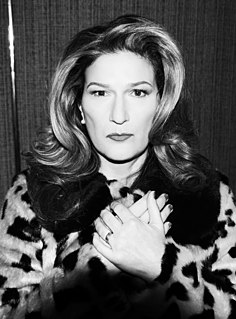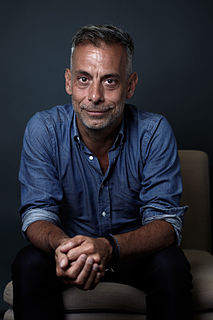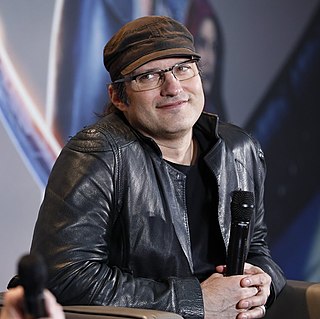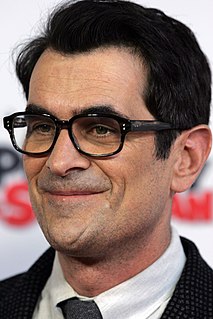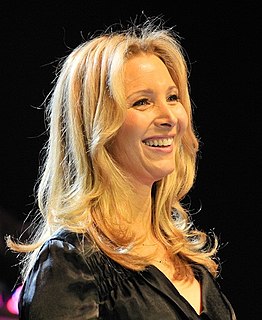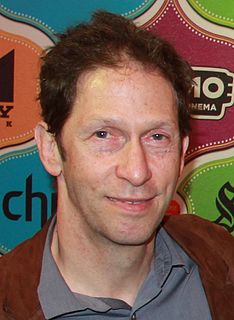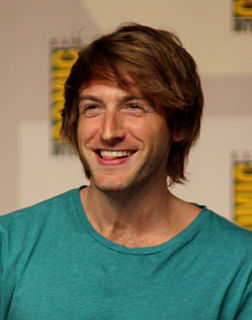A Quote by Ana Gasteyer
There are different kinds of actors, and movie actors tend to be exceedingly precise and mechanical in a way that's really admirable for me to watch. You always learn from them.
Related Quotes
When I got into the movie business, working with actors was the one thing I was really weak at. I didn't know what to say to actors. They scared me and intimidated me. The actors that I've worked with who have had a lot of experience, or who I've even grown up watching as a kid, were really scary. I was like, "What am I going to say to this person?" But, I've matured. It's fun. I understand what actors do now.
It's kind of a crazy thing with kid actors because a lot of them get hired without people really knowing if they're good or not. They get hired for the way they look at a really young age. You also have your fingers crossed around kid actors... because the lessons they learn on set aren't always the best. You can really get whatever you want.
To me, when - just like when you watch a movie or you watch a TV show, to me, you know, Nicole Kidman or Leonardo DiCaprio, you know that they are actors, but also, great actors find that extension of themselves. So, when I walk through that curtain, I find the extension of myself of being the Ravishing Russian in there.
I want to get out of the way of the actors. I want to get out of their eye lines. I want to them to stop thinking they're making a movie. I want them to just go and live. It's like you take these great actors and put them in an aquarium of life, and just watch them swim. That's what makes editing tough because you get all these beautiful, unplanned moments.
